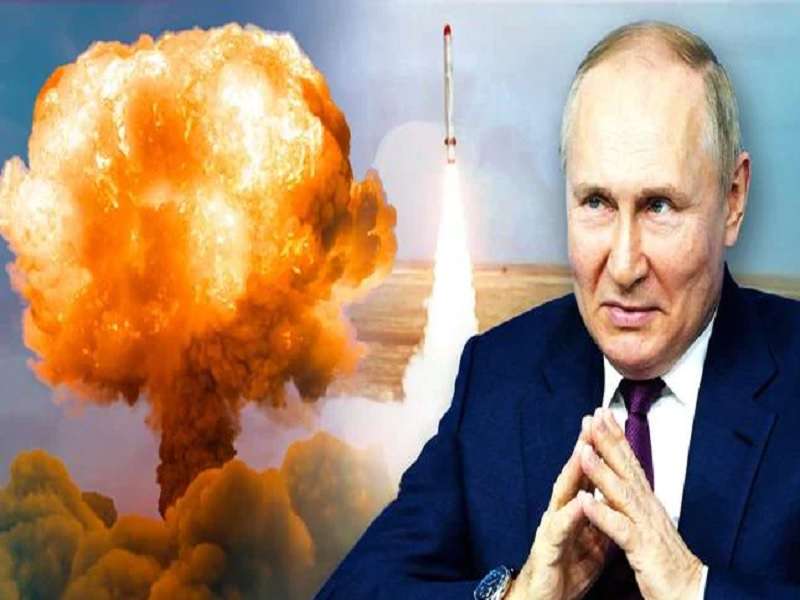The respected Russian intellectual Sergey Karaganov, who serves as the honorary chairman of Russia’s influential Council on Foreign and Defense Policy and is also an academic supervisor at the Higher School of Economics’ School of International Economics and Foreign Affairs, is once again talking about nukes. He made global headlines last year after he proposed a nuclear first strike against Europe, which was responded to here, and just gave an interview to Kommersant about updating Russia’s nuclear doctrine.
Although the preceding hyperlinked response supported this proposal at the time, upon further reflection, it’s clear that it won’t deter the West for the reasons that’ll now be explained. The current doctrine enumerates four scenarios in which nukes can be used, which include threats to the existence of the state and large-scale conventional aggression. Karaganov believes that they should be used “in the event of any encroachment on our territory and our citizens” in a nod to Ukraine’s invasion of Kursk.
While he’s sure to have his share of supporters among the hawks at home and Russia’s most passionate supporters abroad, they’re all overlooking a few “inconvenient facts”. First, any encroachment of Russian territory can be framed as threatening the existence of the state if the Commander-in-Chief truly wants to use nukes in response, but the current one won’t resort to radical measures as explained here. Basically, Putin has worked hard to avoid World War III by miscalculation, and he won’t get careless now.
The second point is that the aforementioned calculations are already in force for a reason regardless of however anyone feels about this since dropping nukes in response to what the government officially considers to be an act of terrorism in Kursk is grossly disproportionate. Not only that, but it would suggest that Russia can’t conventionally respond to territorial incursions due to presumed weakness, which isn’t the case seeing as how it just launched a counteroffensive to expel Ukraine from that region.
Third, even if the doctrine was changed according to Karaganov’s vision, it’s unlikely to specify the targets and scale of Russia’s nuclear response since the exact circumstances can’t be known in advance. If decisionmakers were legally compelled by a revised doctrine to use nukes no matter what, then they might opt to drop them on their own territory or just across the border in order to avoid escalating. This observation segues into the fourth point about why their hands shouldn’t be tied in the first place.
Mandating a nuclear response to any cross-border encroachment whatsoever can lead to Russia’s adversaries manipulating it into using such weapons exactly as Lukashenko warned last month that Ukraine sought to do through its invasion of Kursk. It was explained here that “China and India would be under immense pressure to distance themselves from Russia, not just by the West, but also for appearance’s sake since they wouldn’t want to legitimize the use of nuclear weapons by their rivals.”
And finally, Russia can already employ discreet channels to convey its intent to use nuclear weapons in circumstances other than its publicly stated ones (or per a novel interpretation thereof as was touched upon in the first point), so updating its nuclear doctrine is pretty much only a soft power exercise. All that it would do is send a strong message of intent, albeit one which ties decisionmakers’ hands in arguably counterproductive ways and which could be easily manipulated as explained.
